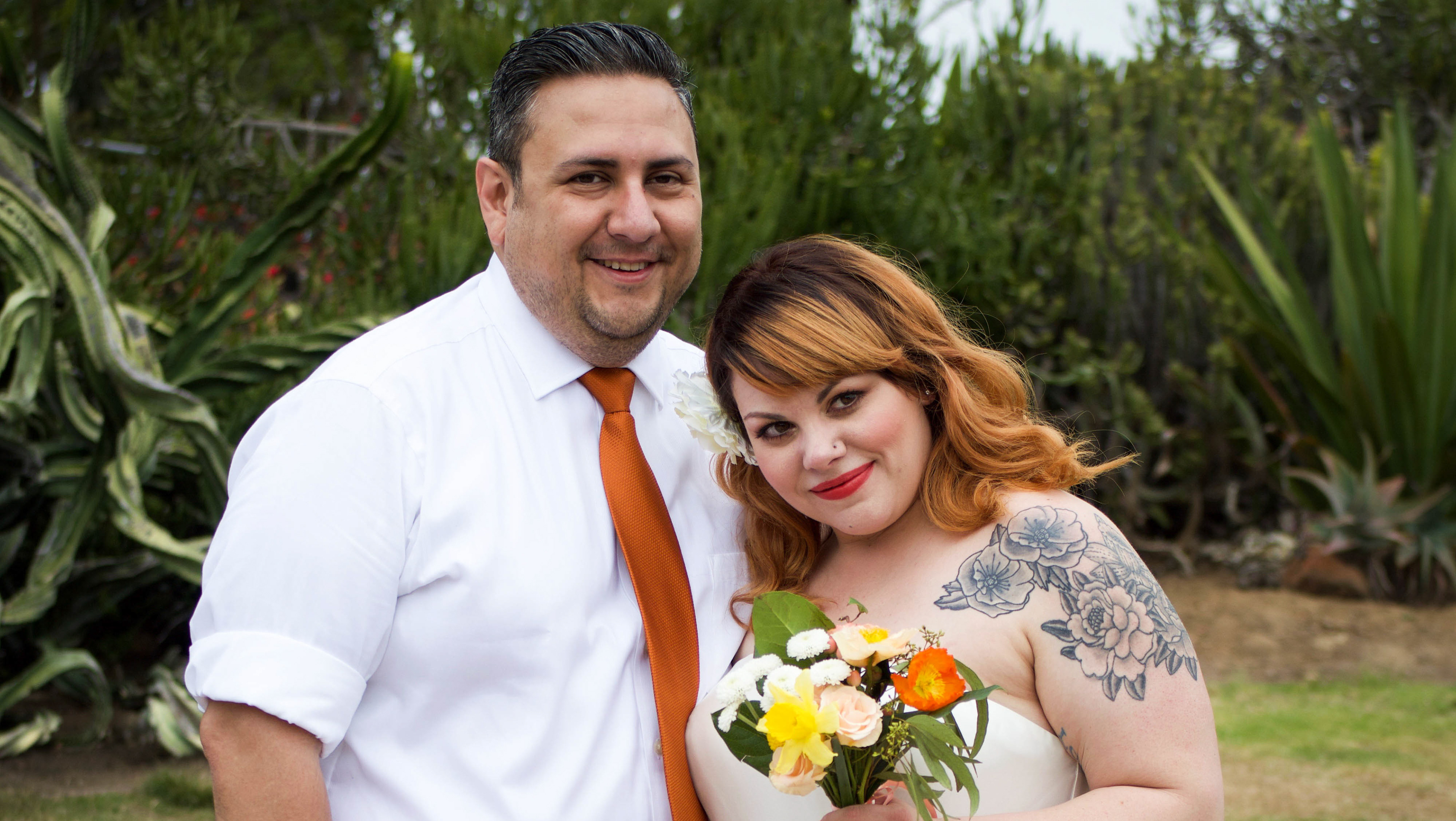TRANSIENT
More often than not, we turn a blind eye to the homeless people we pass by on the streets of San Diego; jaded by the blatant crisis on our doorsteps. We assume their lives are transient; impermanent. The ironic reality is that their lives on the streets are more stationary than they are fleeting. They are just as human as you and I, and all have a story deserved to be heard.
This man asked that I take a photo of him. In return, he offered me the coat off his back.
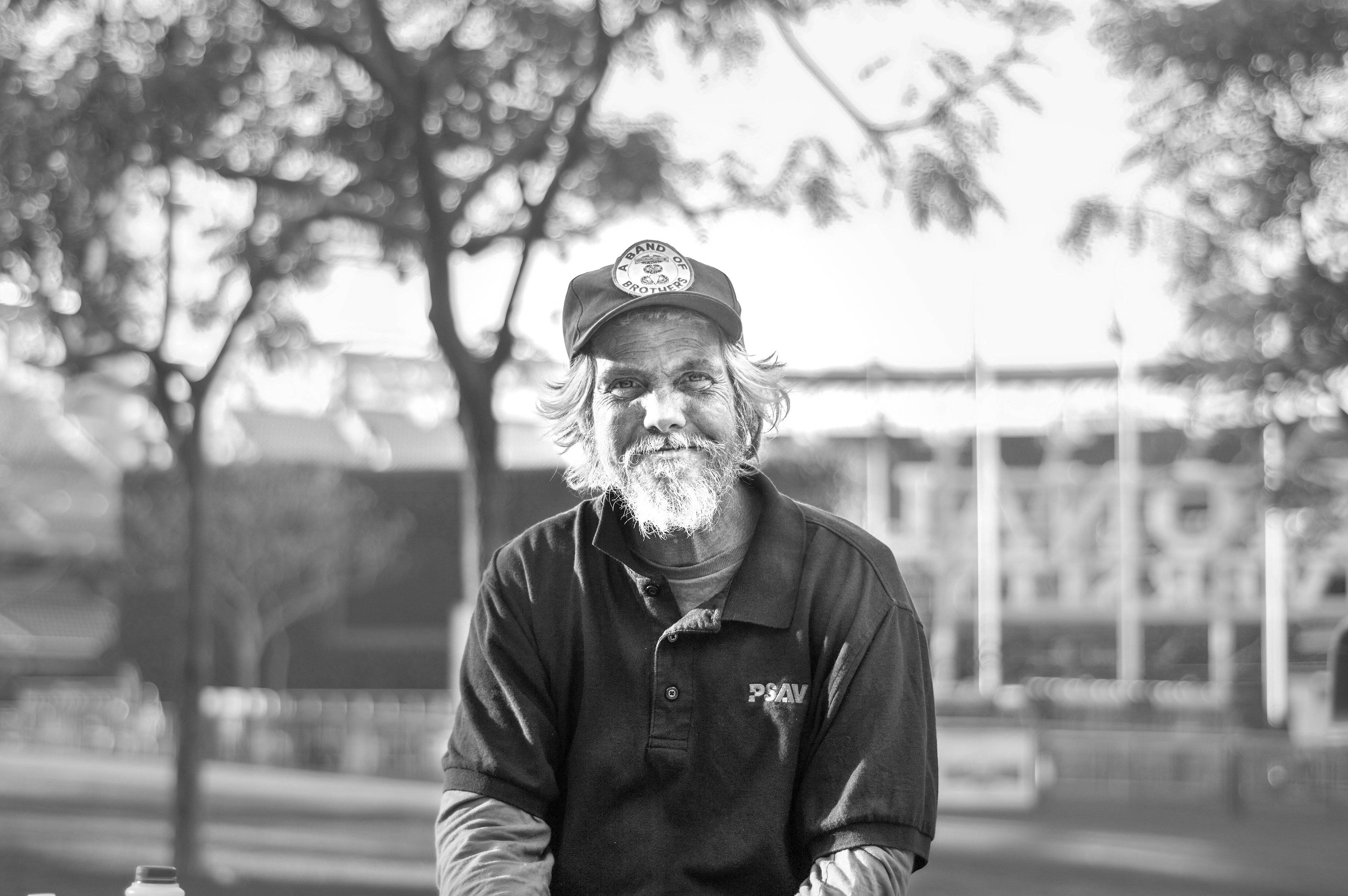
JR had a kidney transplant days after the photo was taken. He was scared to go under anesthesia.
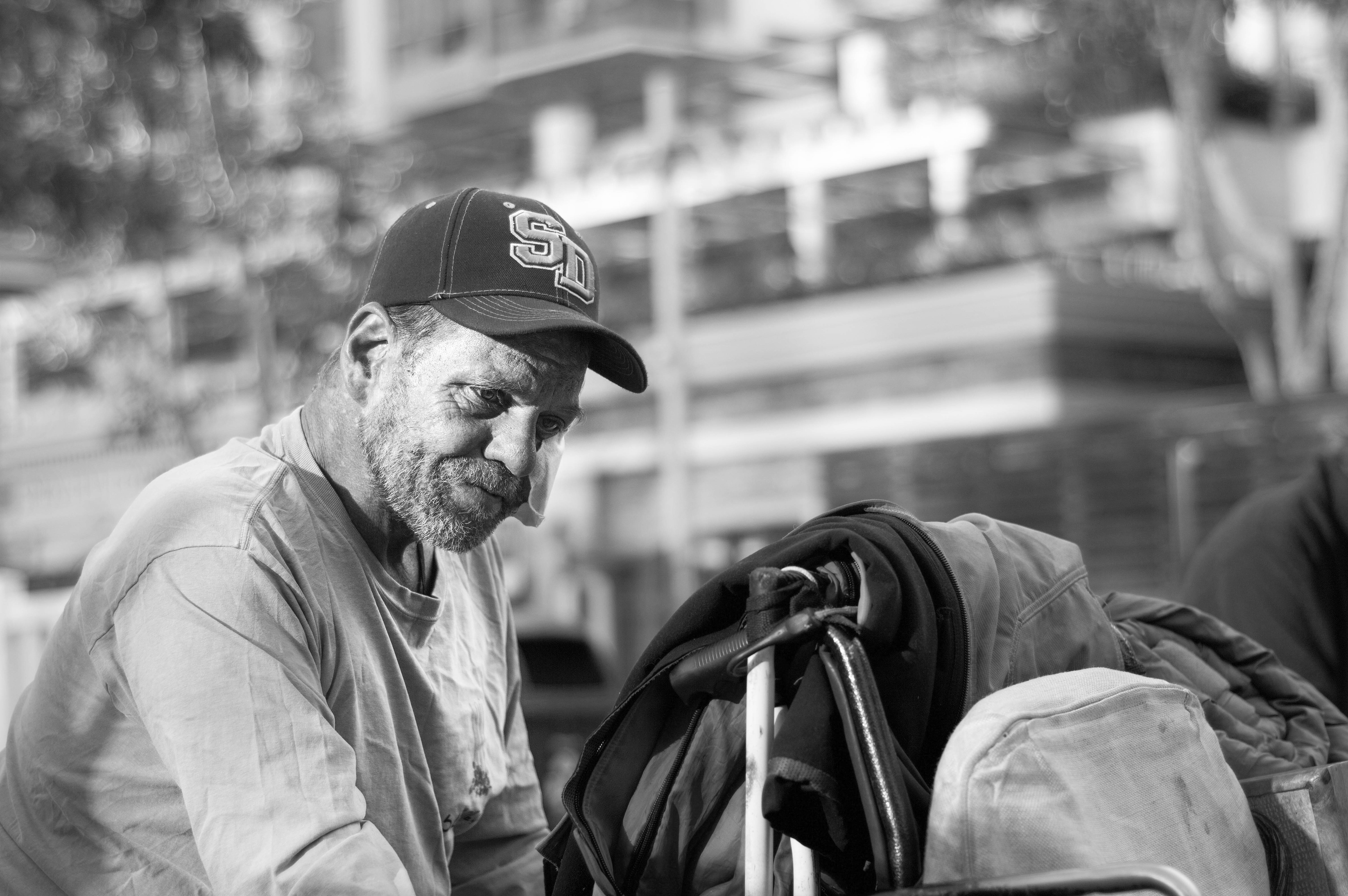
Bob considers JR a brother.
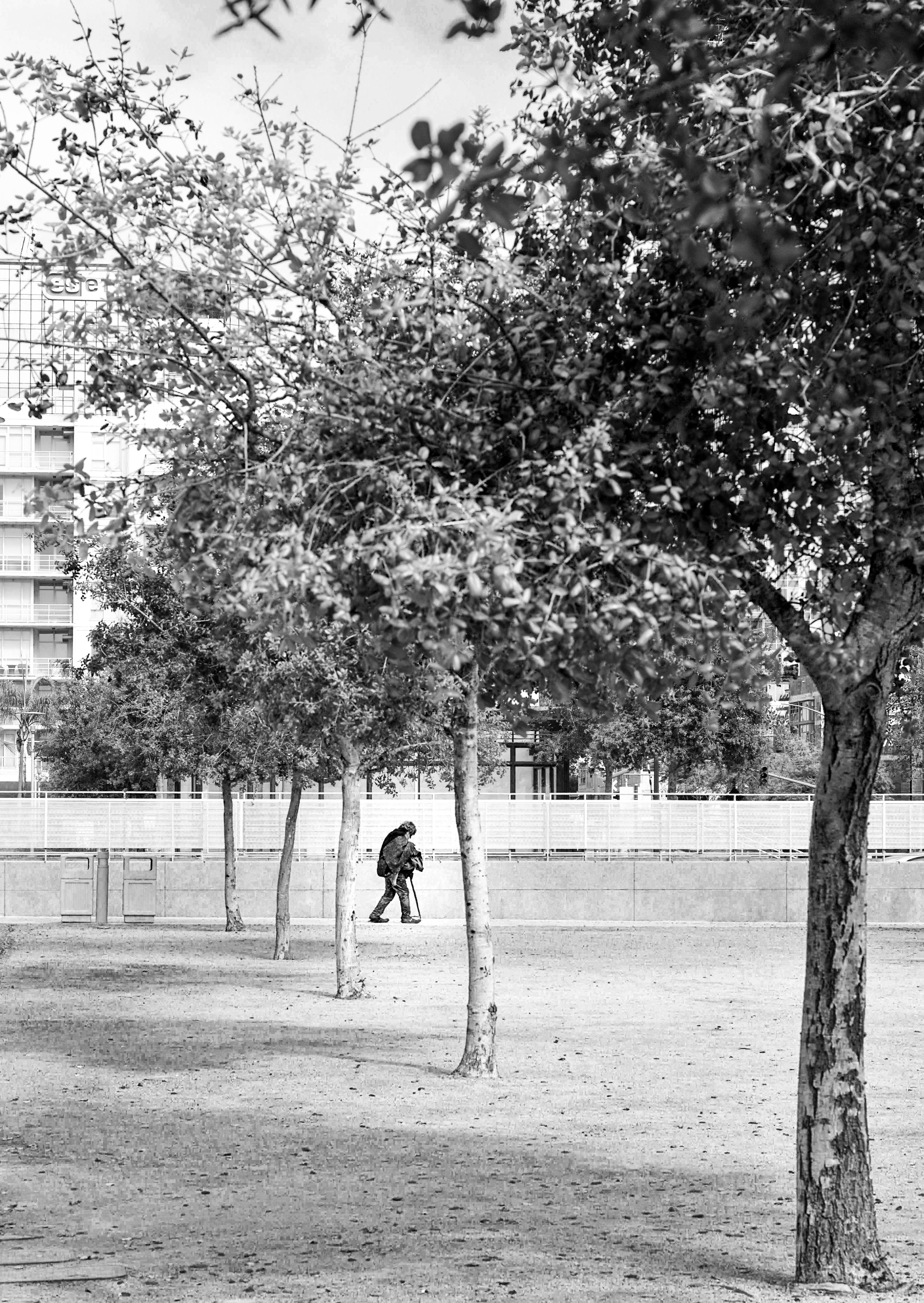
Waterfront park.
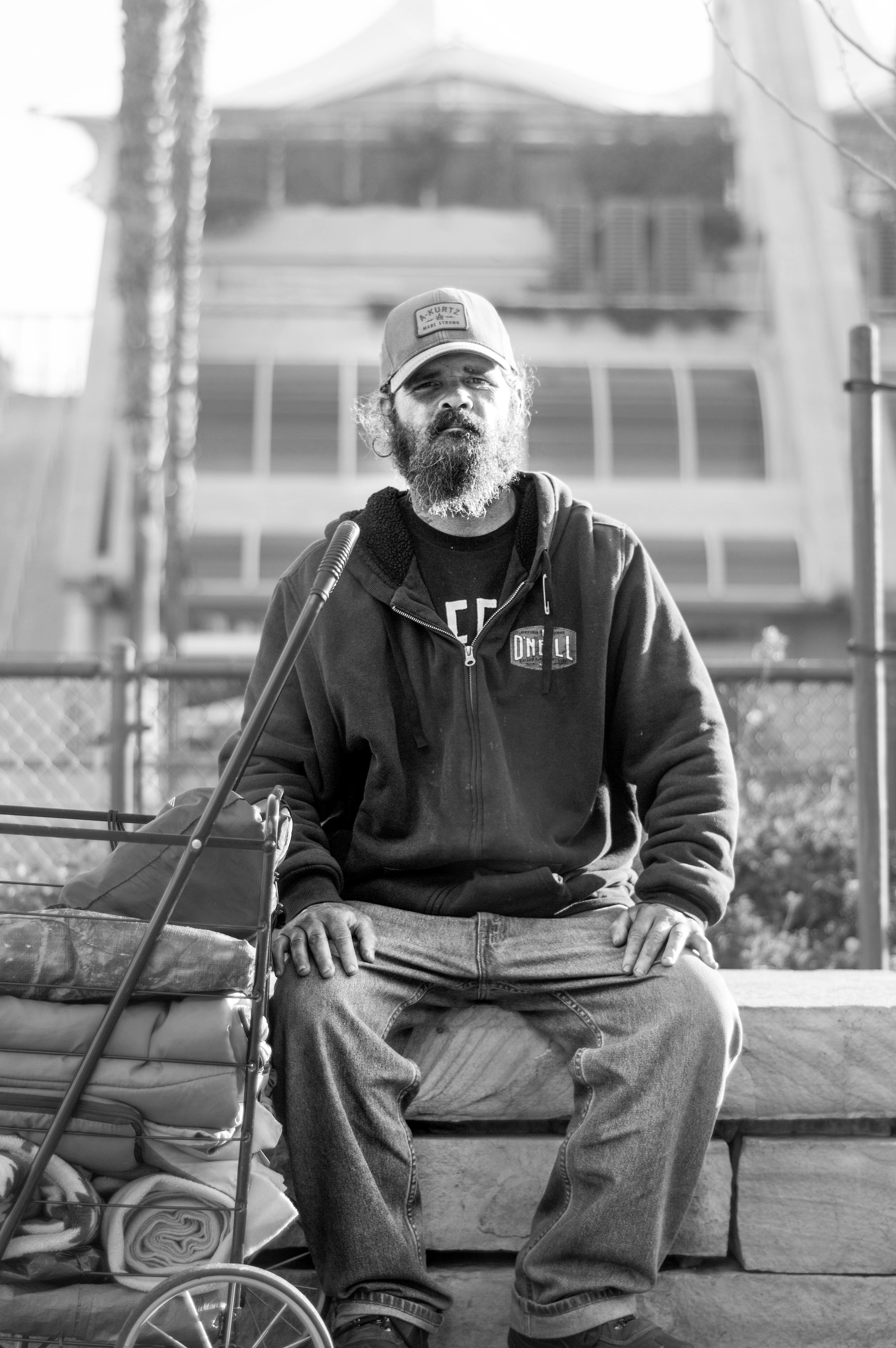
Tom got to San Diego by Greyhound bus from Ohio.
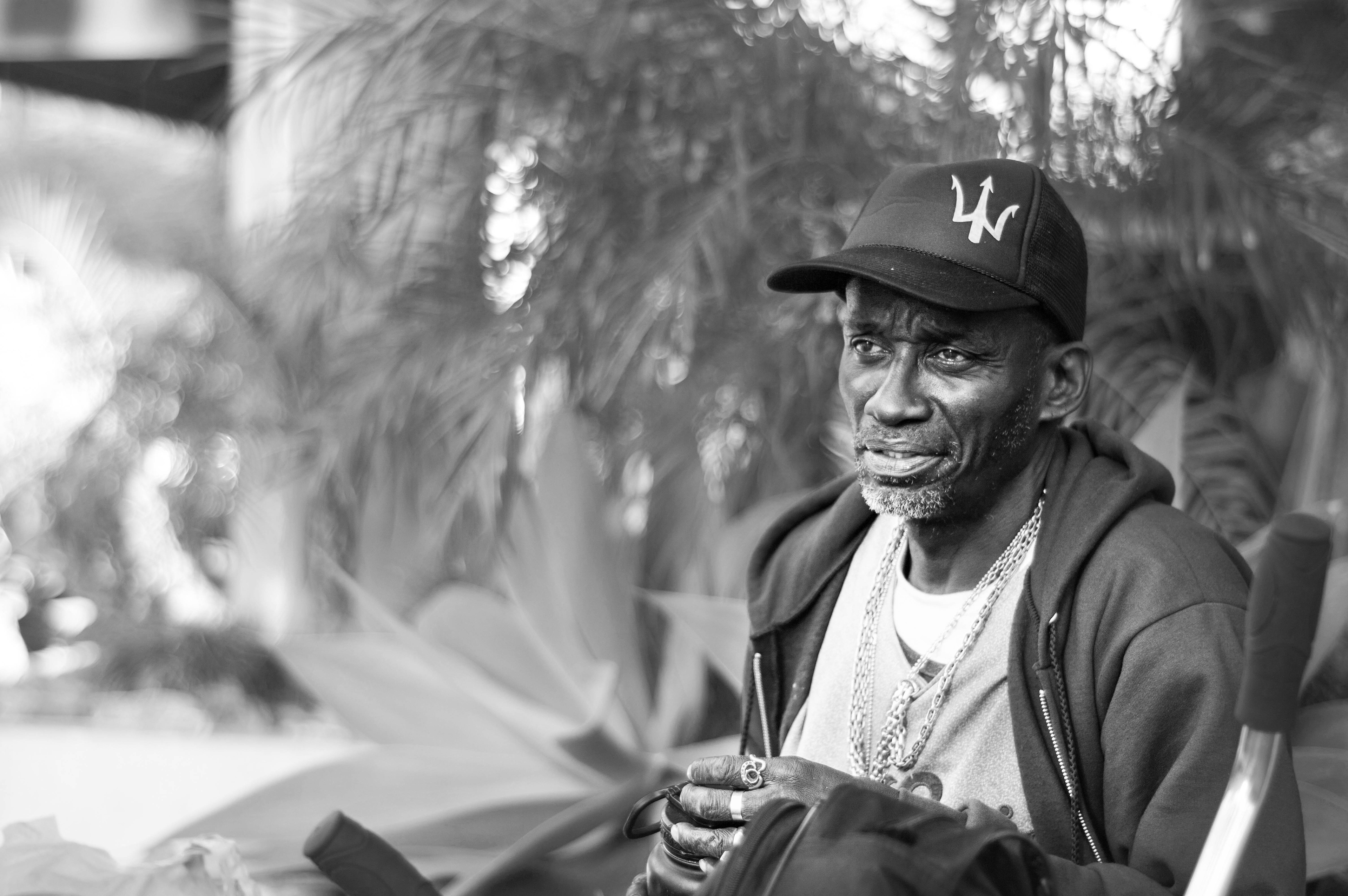
Devon’s favorite spot in San Diego is Seaport village.
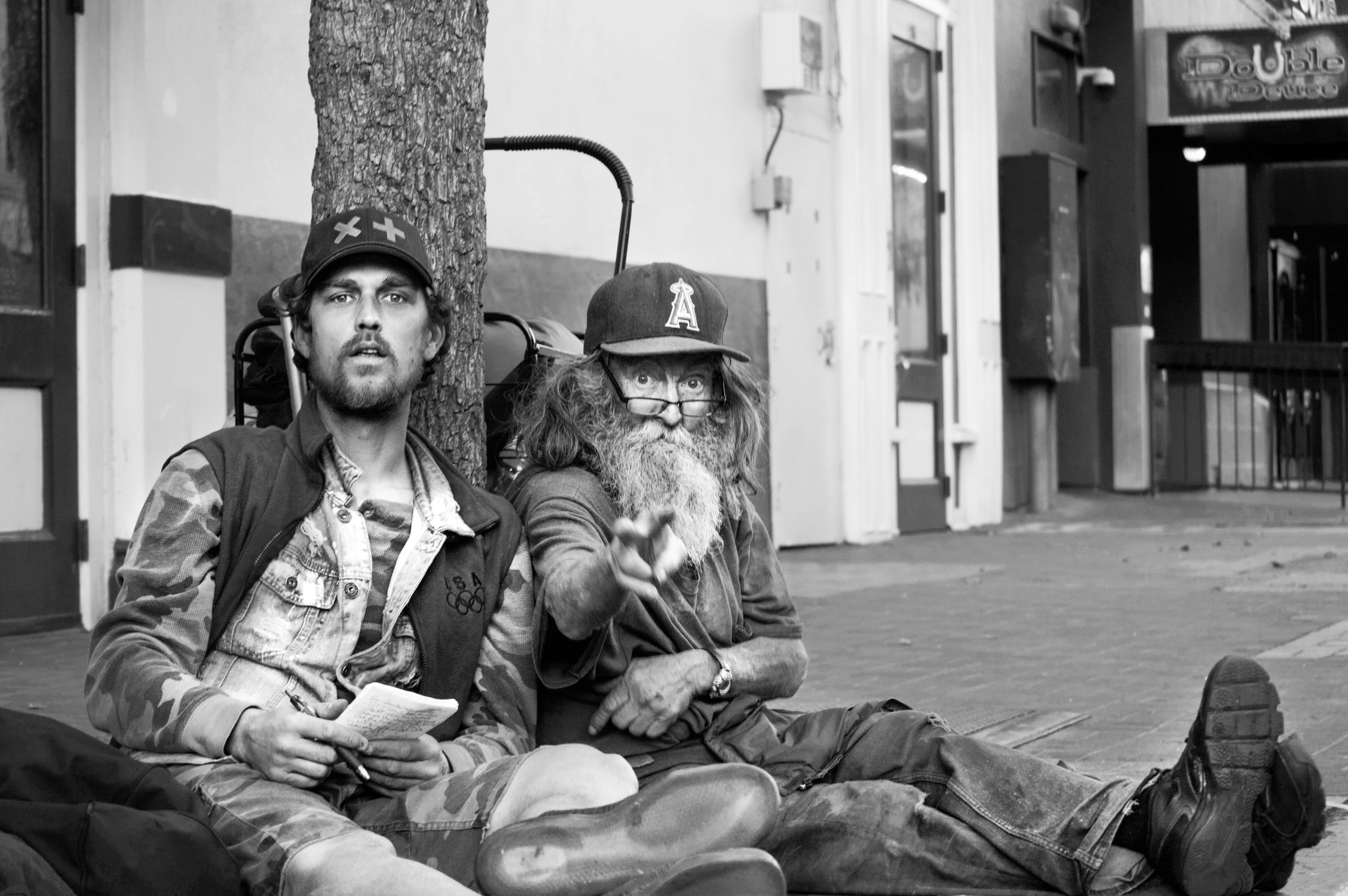
Keith Keller Jenkins III offered to beat up any car who hit me upon taking this photo in the middle of the street.
HOMESTAY HOST
Dorche is a homestay host in the remote village of Ghyangphedi, Nepal. He is a humble, kind-hearted, service-oriented family man. On the surface, the story of meeting his wife seemed like a simple small-village love story, but their “love marriage” is actually one that has gone against all odds.
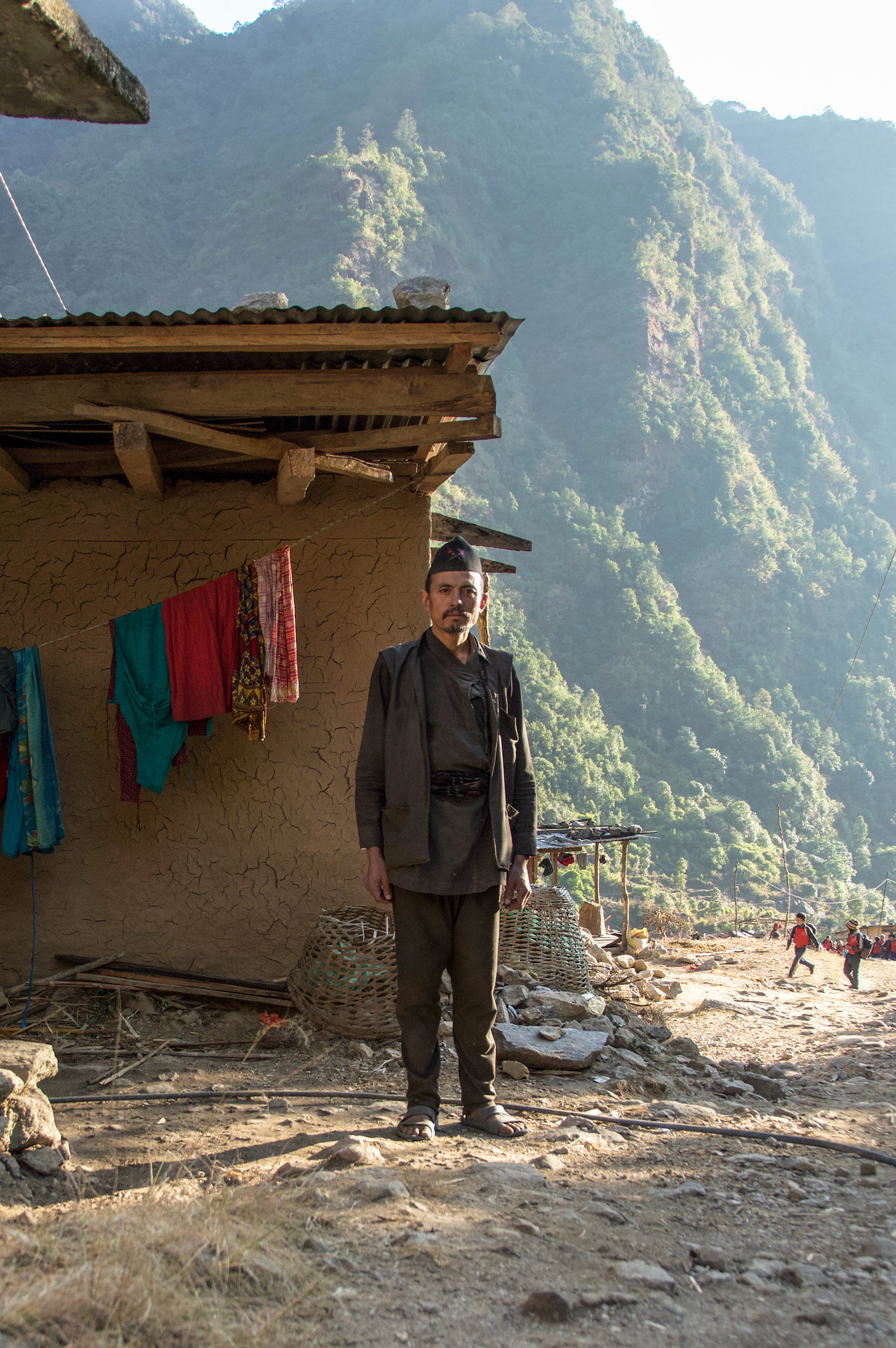

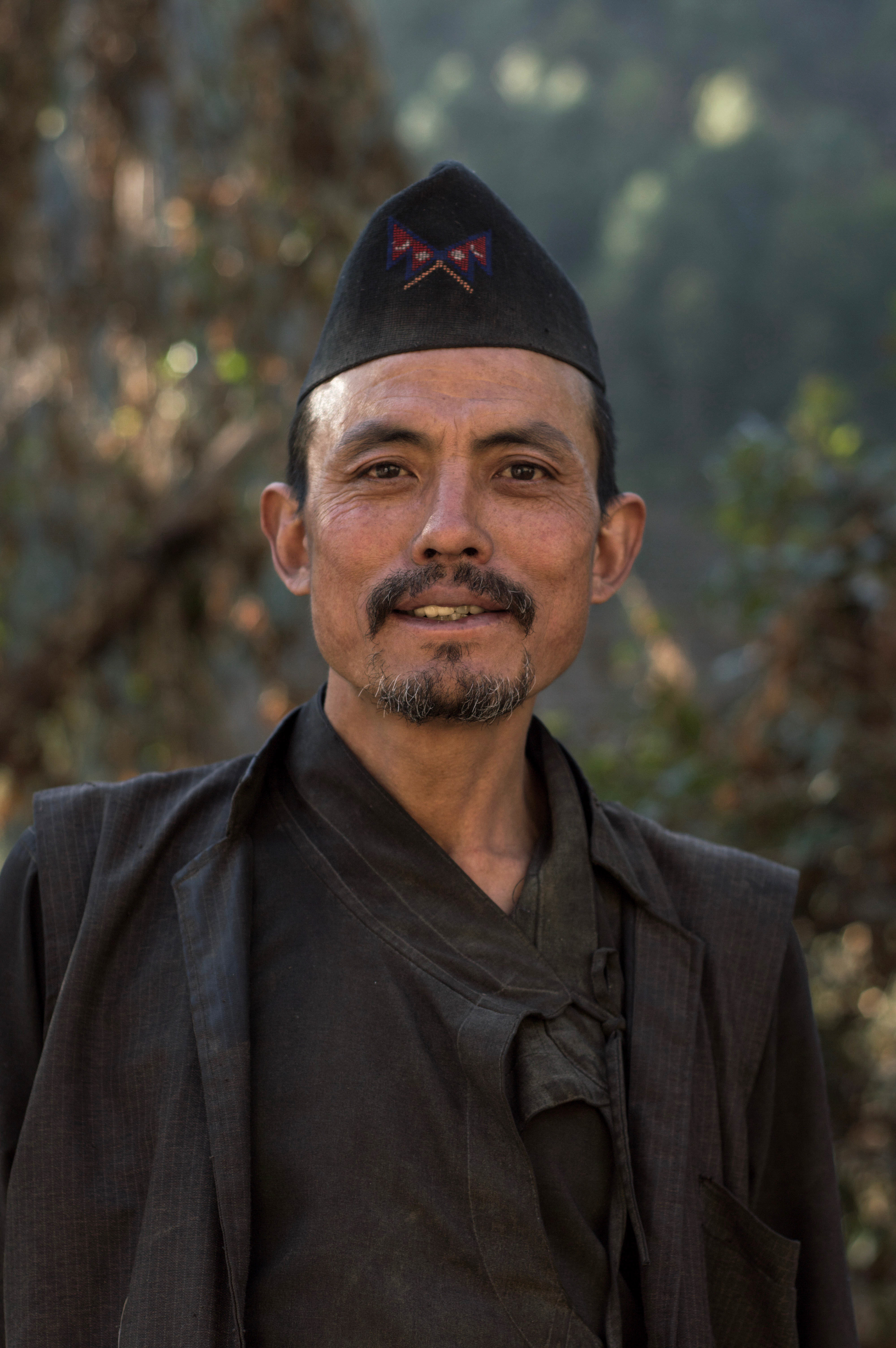
Because his wife had escaped a prior arranged marriage, culturally she was seen as a disgrace to her family, and essentially ineligible for marriage again. Dorche, getting into his forties, had lost hope of marriage simply because getting married at his age was almost unheard of. Essentially the prospect of marriage, let alone love, was "impossible" for them both.
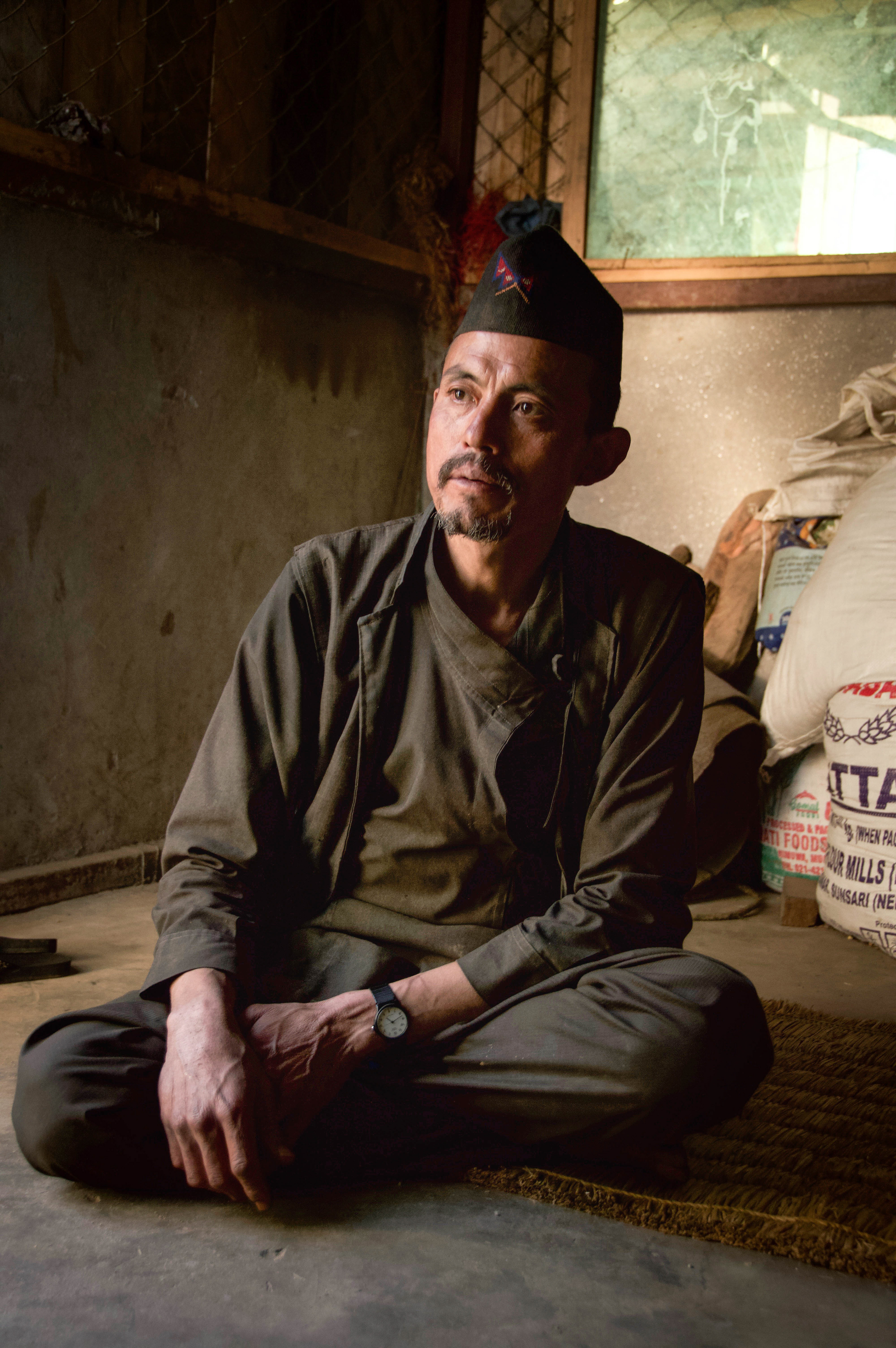
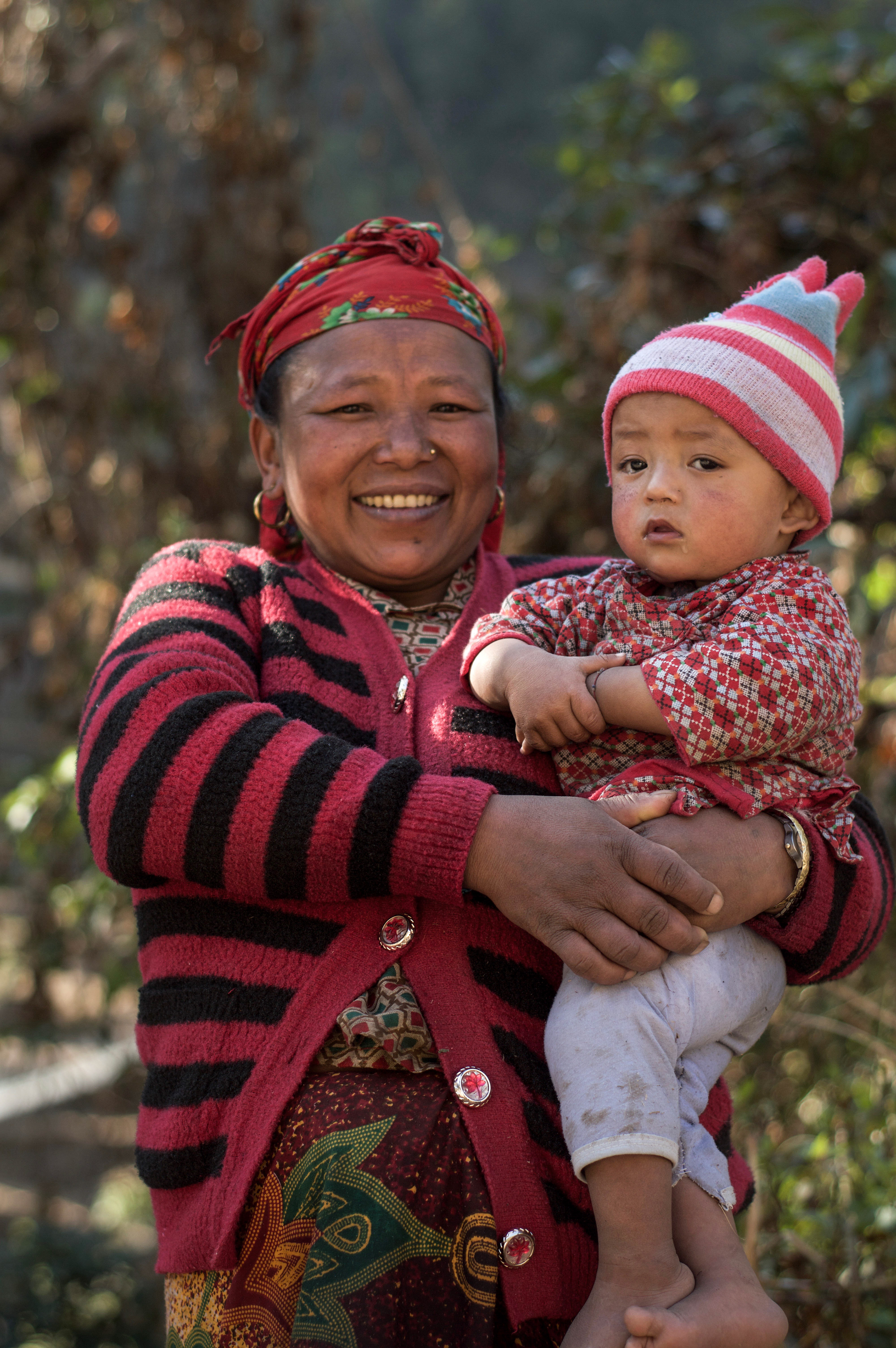
However, Dorche and Didi reconnected as adults in their village, and their friendship grew into an authentic love, something which is uncommon in their culture of arranged marriages. Their love was strong enough to defy the social and biological norms to get married, and even had a baby at the ripe ages of forty-four and forty-two.
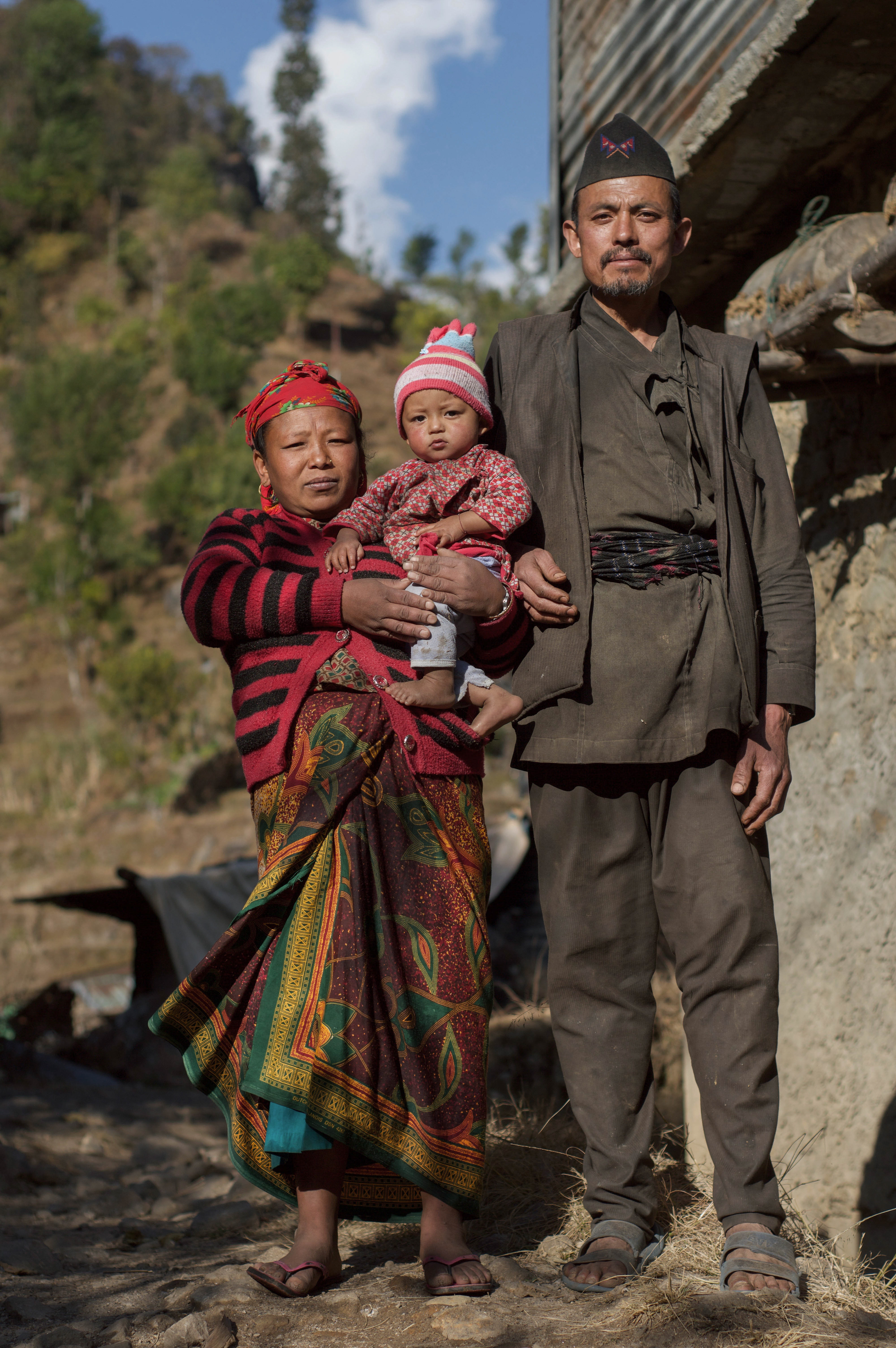
Dorche's childhood dream was to have a big family, which he says he gets to live out with his homestay. He loves when it is filled with sounds and people, and treats everyone that stays there as one of his own.
"Even though we’re from different countries, we are one family."
CULINARY CAREER
From a humble Nepali village, Mukti took a risk at 17 years old to set off on a culinary career path. There was no guarantee of job opportunities or financial reward, but his hard work, risk-taking, and relational nature has led him to be successful anywhere he has gone. He gracefully dodged labor exploitation, and was forced to change his original plans to move to Japan because of the major earthquake that hit Nepal in 2015. However, because the earthquake misplaced his visa documents to go to Japan, a window of opportunity to remain in Nepal to help start a business opened up for him.
Nepal is slowly breaking its cycles of poverty that perpetuate human trafficking and labor exploitation through ethically-focused businesses like Five14. These ethical businesses are implementing wholistic, and socially-minded business practices to slowly but surely empower Nepali people to rejuvenate the business and economic landscape of the nation. The philosophy is that local businesses that invest in local people is the "tide that keeps the boats afloat".
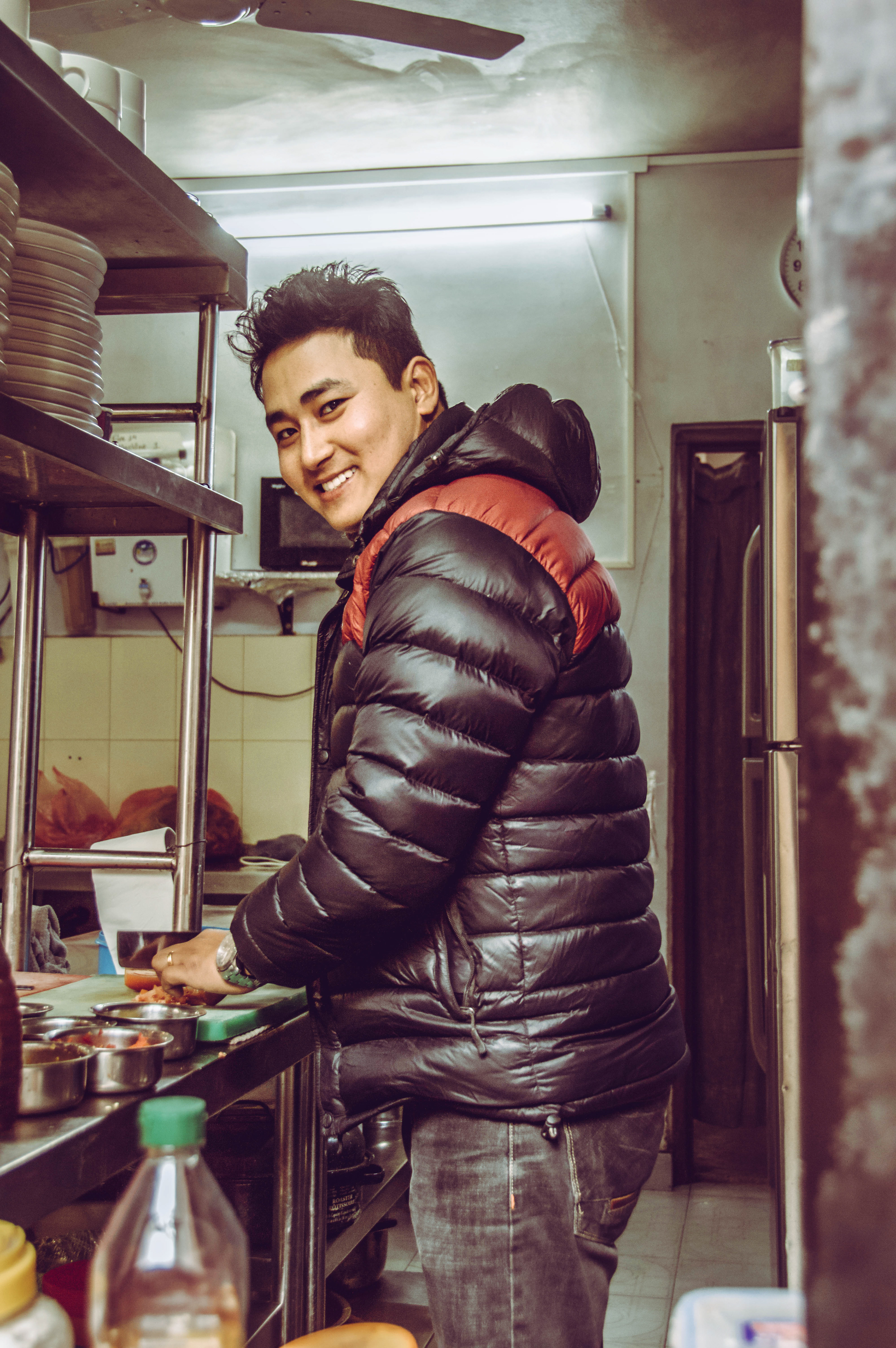
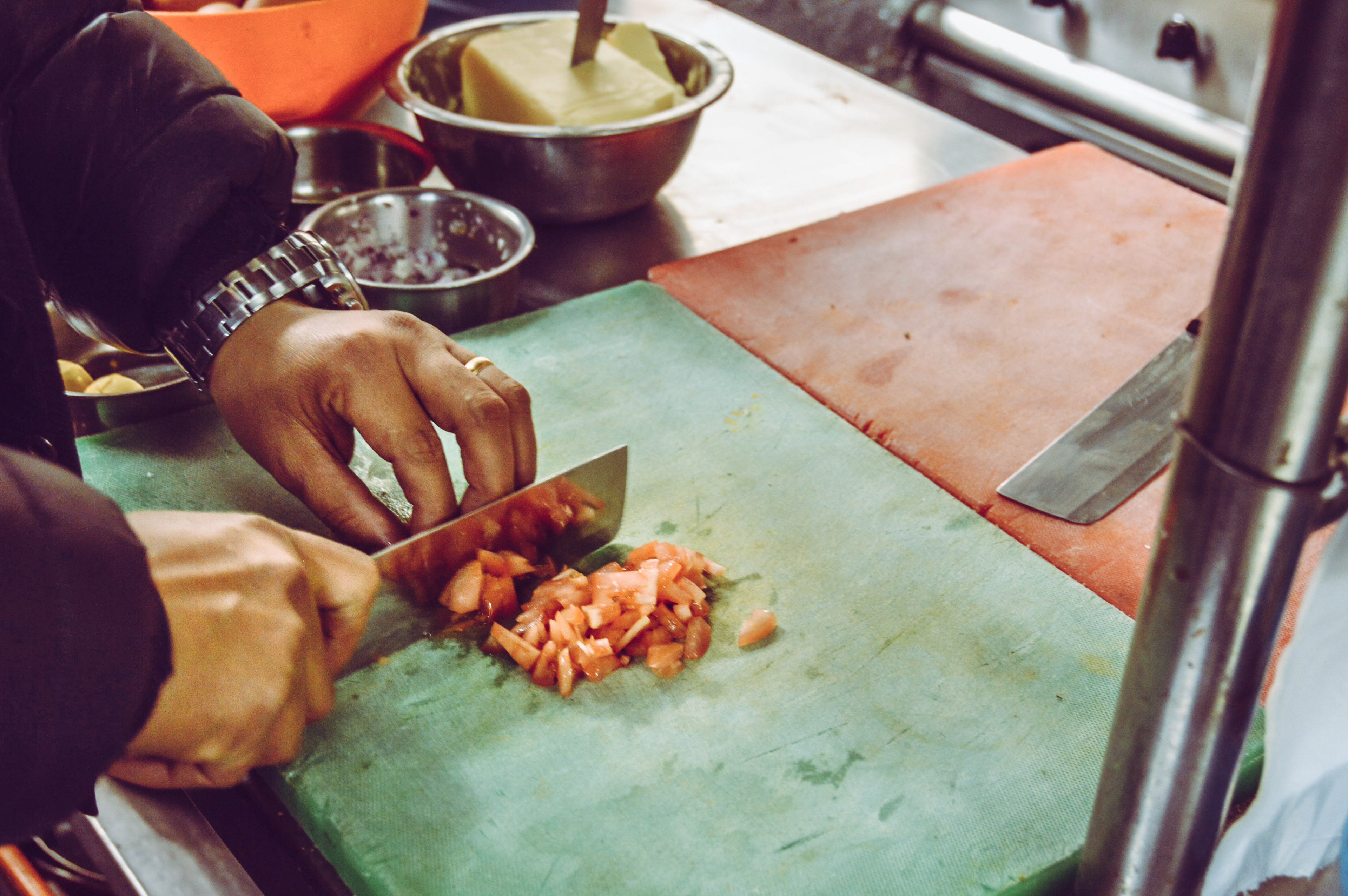
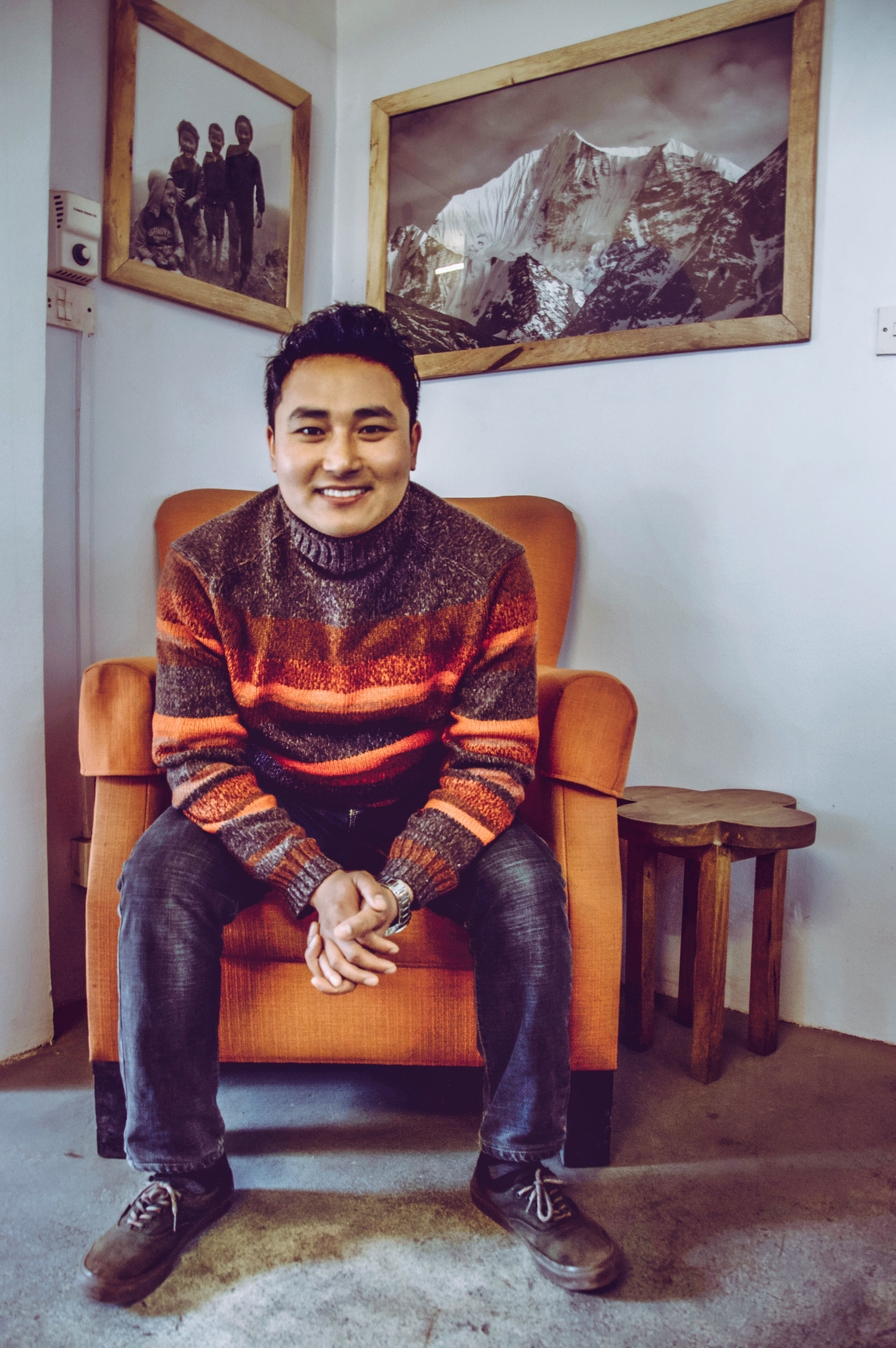
Mukti has a passion for fostering relational work cultures and empowering young people to develop skills. He believes these skills can open up opportunities, and subsequently hope, for Nepalis to remain at work in their own country, rather than look to outside sources for financial opportunity. Through the overarching Five14 business initiative, Mukti has successfully started and run Kairos Cafe and Kairos Catering. Both the cafe and the catering businesses have pioneered passion and new possibilities for the youth of the nation.
CARTEL COUNTRY
Jesús grew up poor, in a region of Mexico that is poverty-stricken and infamously known for being run by the cartel. His father worked for the cartel, and lost his life being a part of it. This, of course, shook the entire family; he said when his dad died, his entire family died. Not long after, his mother relocated them to Tijuana, and remarried. Her new husband wanted nothing to do with a son that wasn't his, so Jesús did a "favor" to his family and never returned home one night after leaving to go buy tortillas. He was 6 years old and alone on the streets of Tijuana.
His family never went looking for him, or at least didn’t make a strong attempt to do so. By 8 years old, Jesús began his career in the drug trafficking world. He was quick; he knew how to stay under the radar; he was good at his job. He moved up the ranks rapidly. By age 9, he was promoted to the title of gunman.
"Me? A gunman? I’m just me." Even he felt confused how this could happen.
Instead of being in a 4th grade classroom, the streets were Jesús's classroom. Rather than learning how to critically read, do long division, and make fun of his teacher’s fat belly, Jesús learned how to fight, rob and murder. Nine years old was the first time he killed someone. He put a bullet right through a man’s skull. Jesús' remembers his whole body shook from head to toe. He panicked and didn’t know what to do.
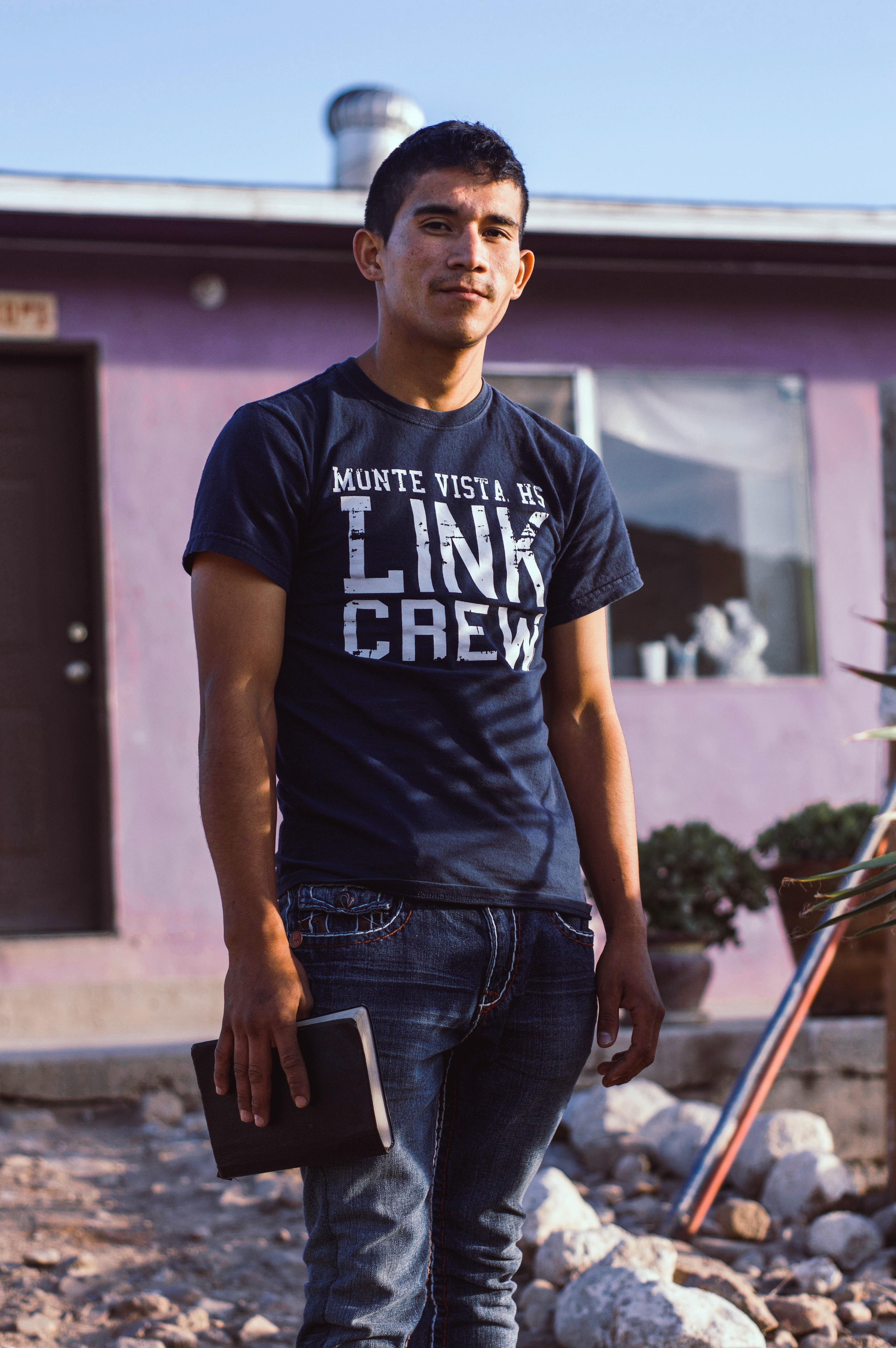
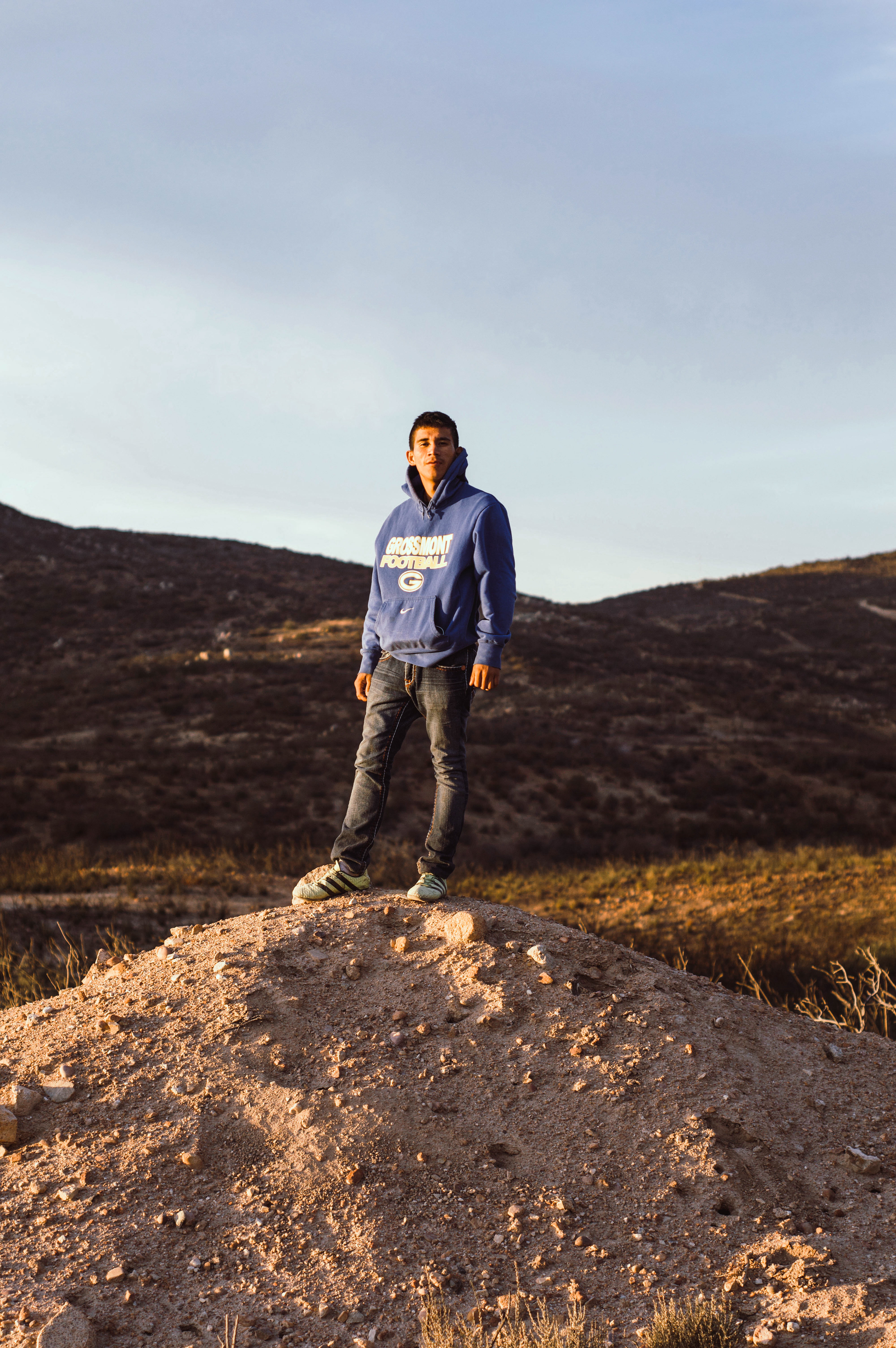
Jesús' perplexity and disillusionment with how he was living his life was directly linked to his drug abuse. He had started using drugs even before he was given access to guns, and the drugs started to take control of who he was. Subsequently, others began to take control over him, as well.
By 25 years old, Jesús was high up the ranks in the cartel world; he knew every street corner, and every person in Tijuana. He had people doing everything for him. At that point, he didn’t even need to carry a weapon for people to fear him.
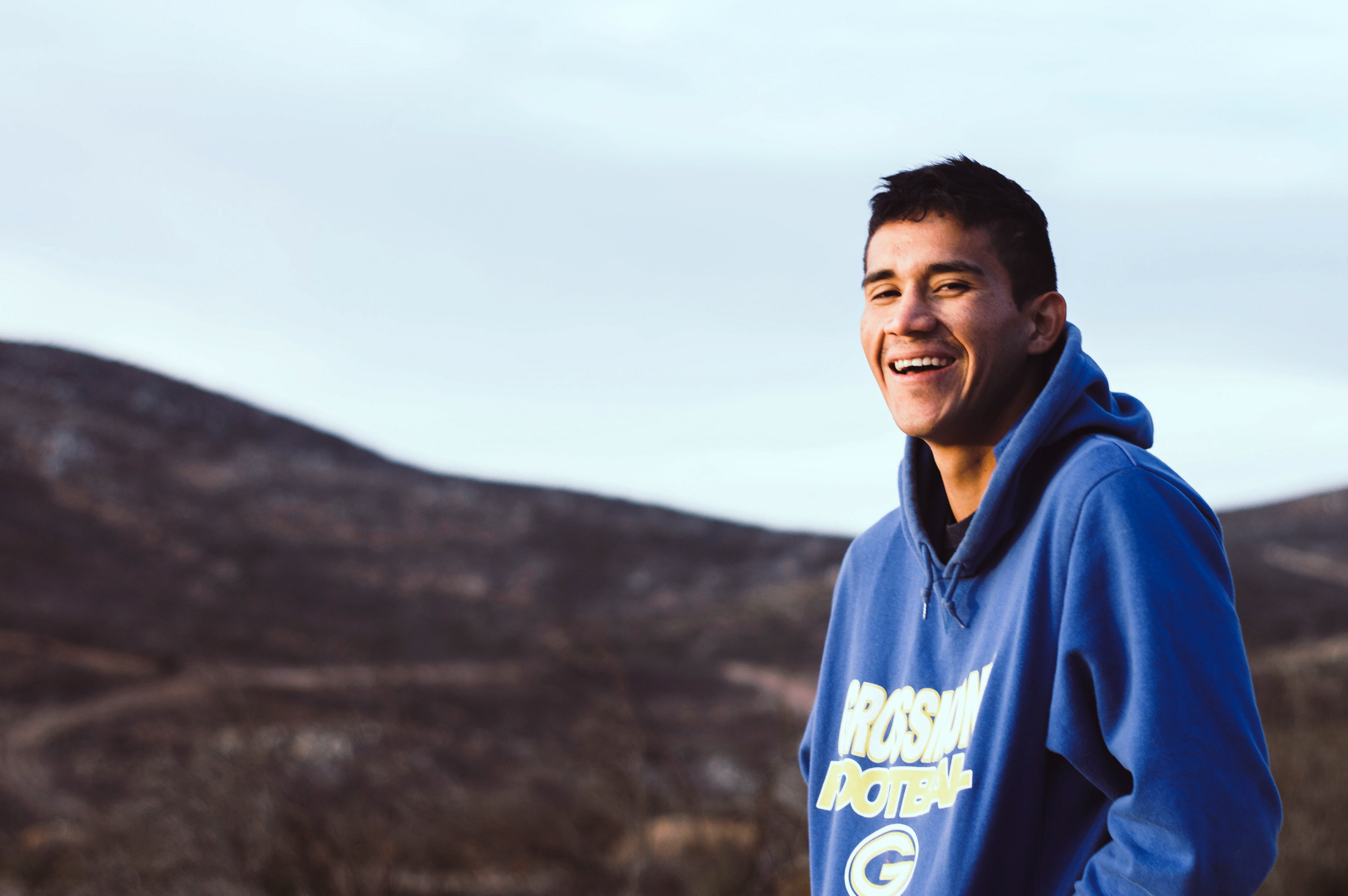
Due to the circumstances and experiences of his life, unsurprisingly, he really hated people. Getting close to people was, and still is, a difficulty for him. Even now, when people draw close to him, he gets defensive and wants to fight. But I never would’ve thought that about him if I didn’t hear his story. He seemed very friendly and loving in my eyes.
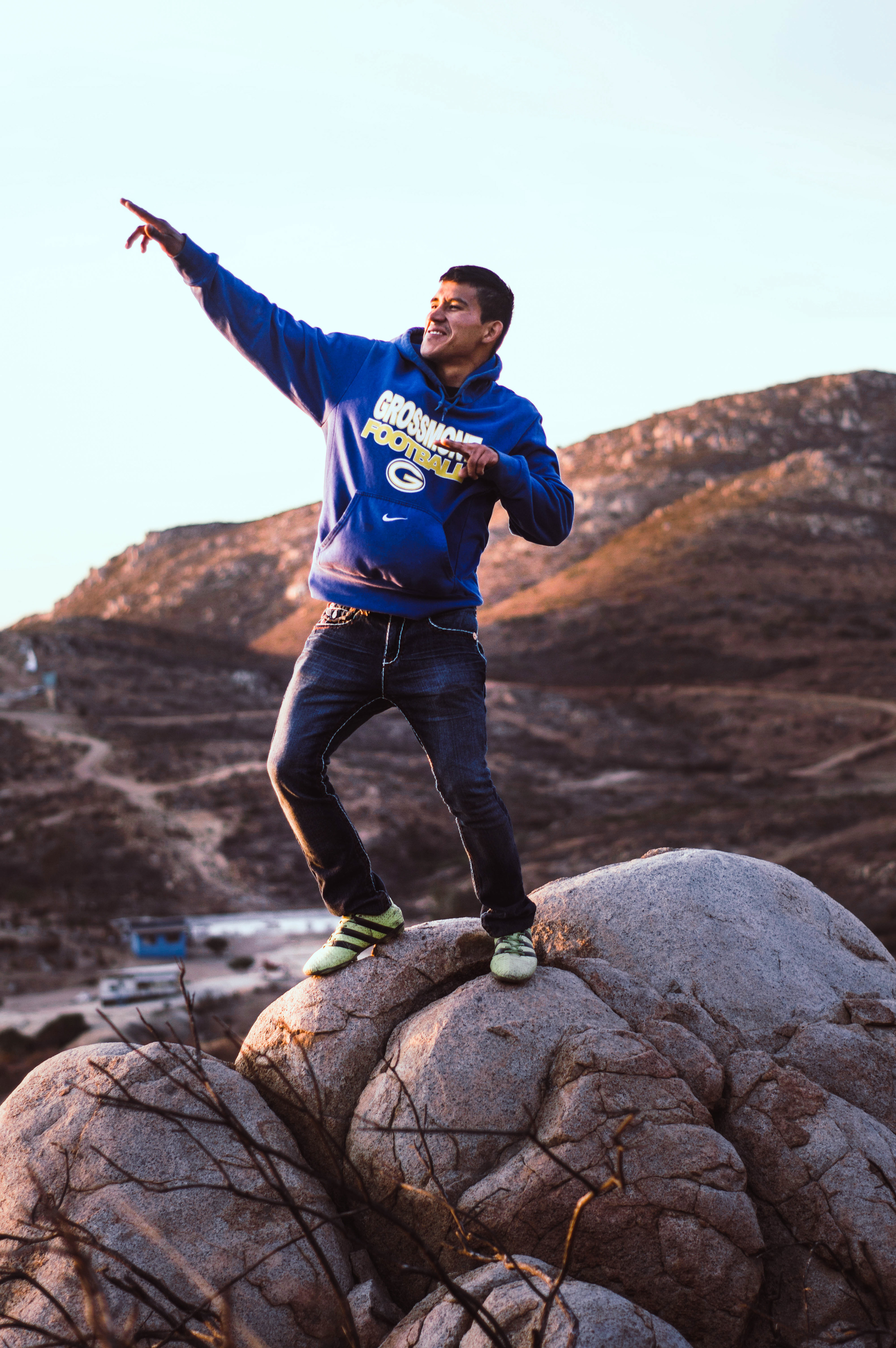
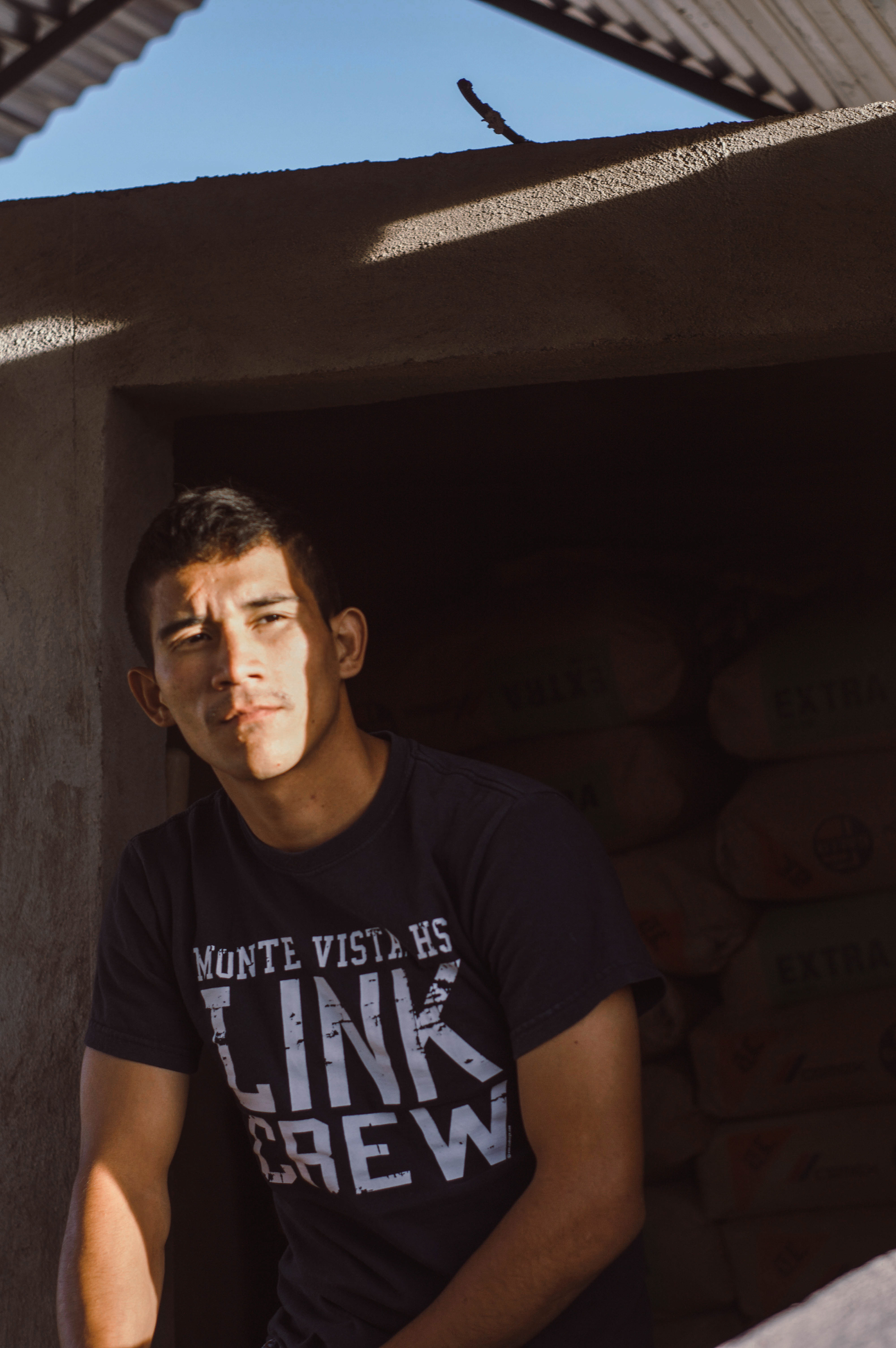
At 26 years old, his ex-boss gave him a call and told him Jesus loves him. He thought that meant he was going to get murdered. He didn’t know who Jesus was. But he said that he had a safe place for him to stay and rest, so decided to go. He was brought to this rehab facility by a friend of his ex-boss. Despite having enough hope to get in the car to come, he was paranoid the entire car ride that he was going to get killed by this “friend” of a frenemy. Even after being shown the place in a peaceful, quiet valley in the mountain, and given a bed, he was distrustful and expecting to get murdered. Mercy and grace were foreign concepts to him.
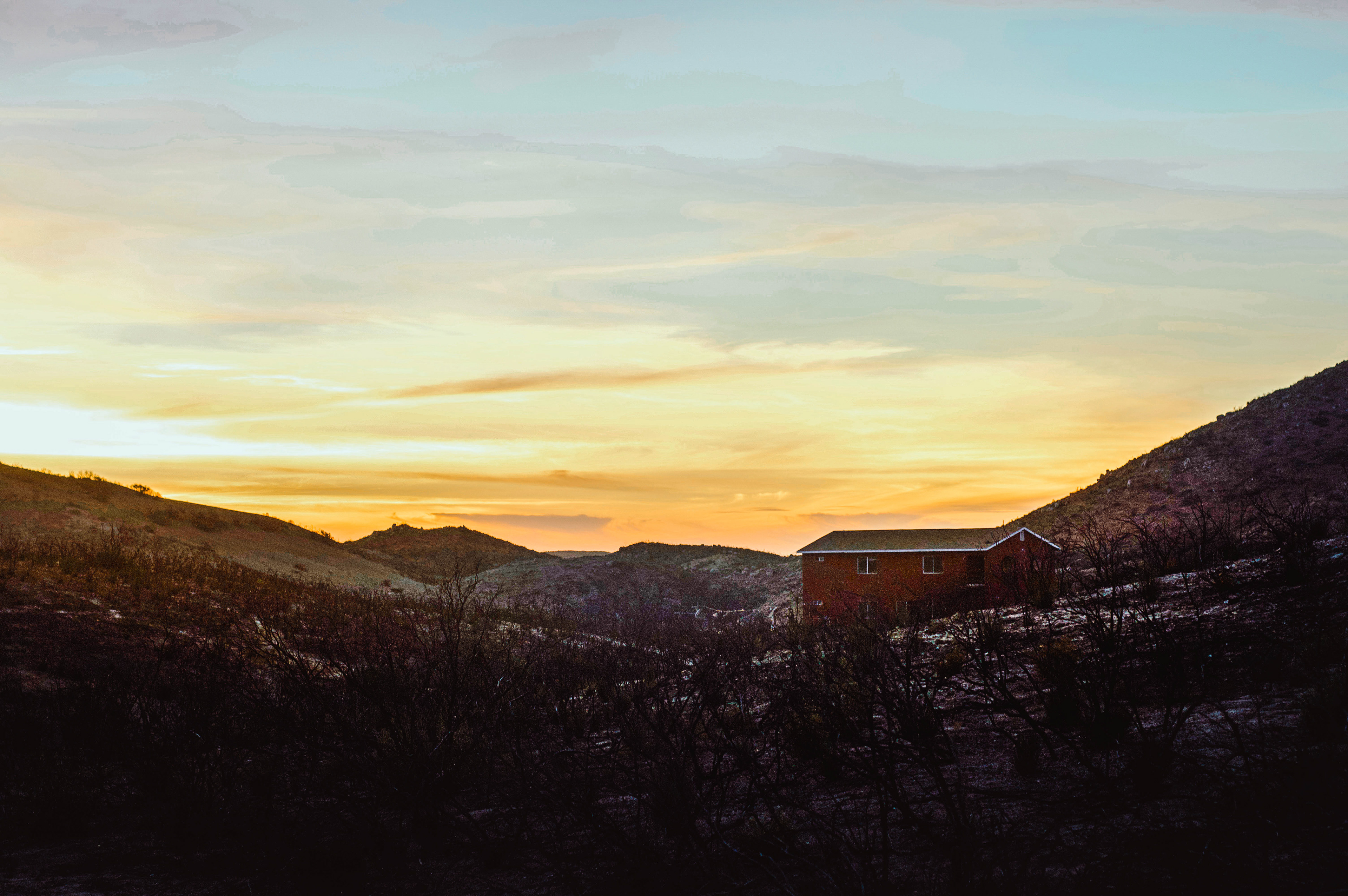
He finally found rest at this place. Peace. Community. Family. Love. Not without its difficulties; every day is a new battle, and it’s not over. But, he said that he’s learned and changed more in the last 5 months than he has in all his 26 years of life. Five months earlier he said nothing was important to him. His felt that his life was meaningless; that it had no value. He was in slavery; a slave to what the cartel told him to do. He believed that going to be jail would be better than living the life he was living.
However, because the least suspecting person extended Jesus’ love to him, he is now living the opposite life he was living for the past 26 years. His life has been radically transformed. The way he talks. The way he acts. Thinks. The way he treats people. Does things. Most importantly, now he values his life, and knows that God has a purpose for him. This is who Jesus is. He offers grace, mercy, peace, hope and purpose. He restores innocence. He heals. He forgives. He brings new life.


